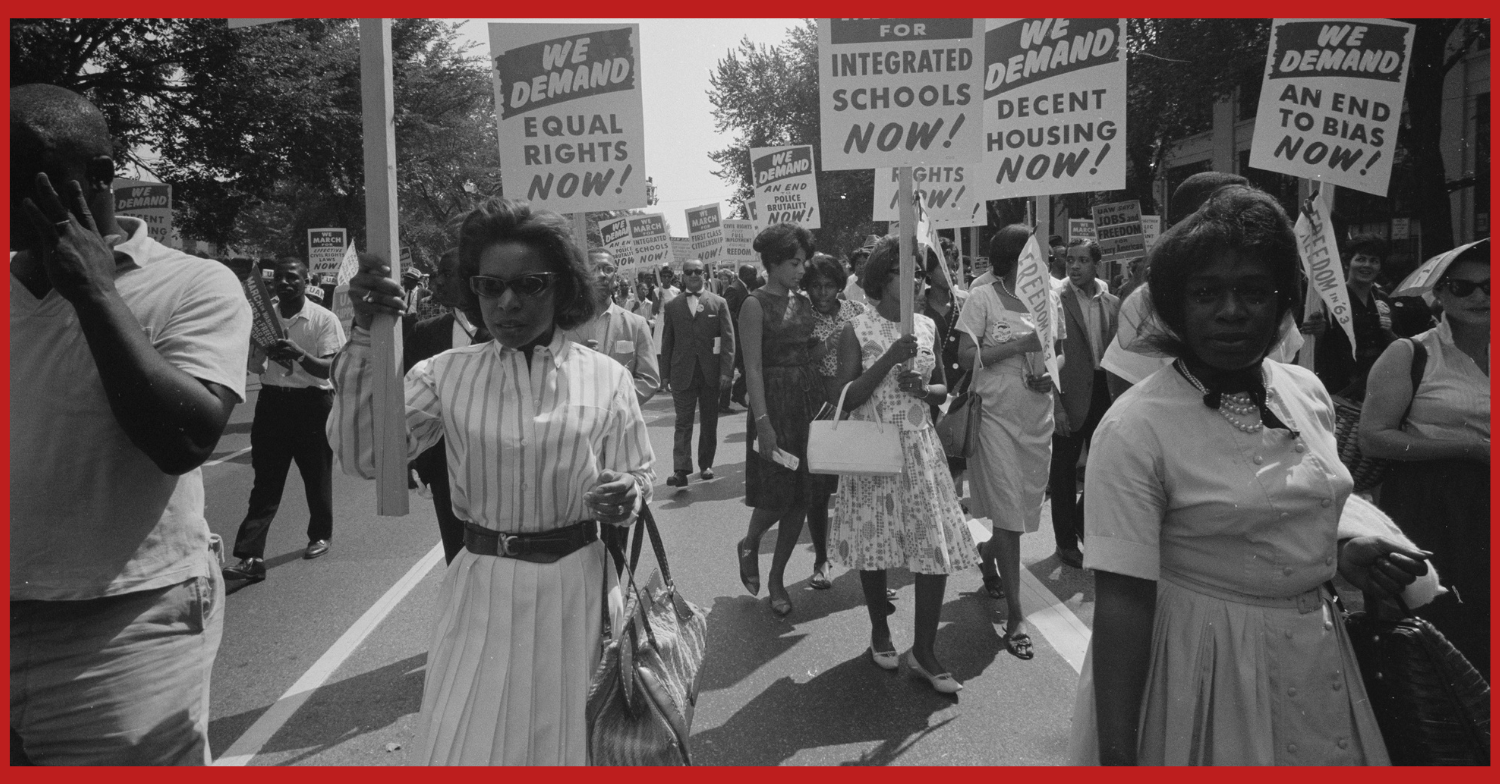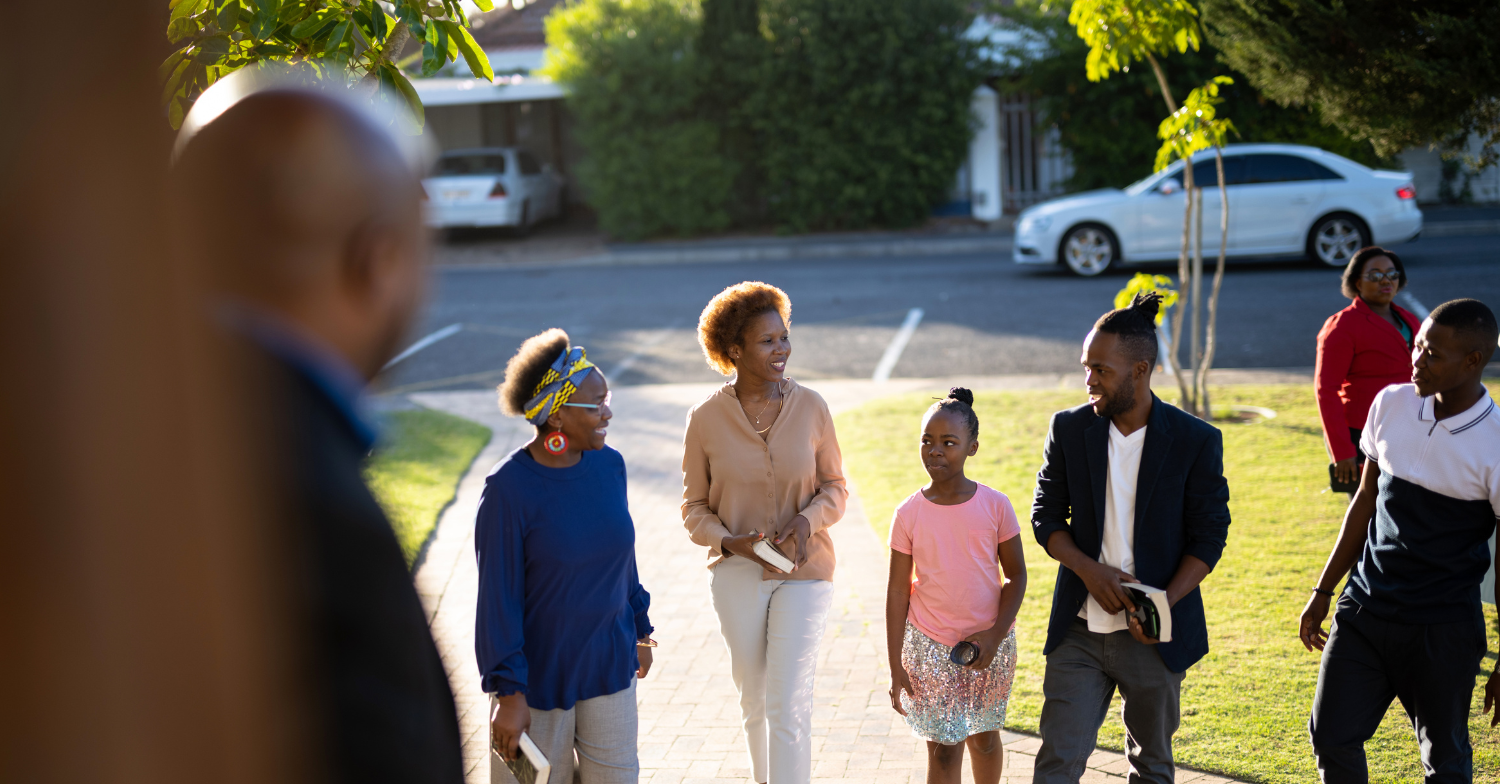
Black History Month is an opportunity to look at the heart of African American culture and explore a bit of the Black church's influence. The “Black church” is not a single church, but it is an African American religion, centuries old, birthed at the time of slavery. Collectively these churches are more than places of worship, since its inception, the Black church has remained the cornerstone of Black religious, political, economic, and social existence.
Family and Community
When you step inside any Black church, it’s the norm that you’ll immediately feel the warmth and unity that surrounds the congregation. This is where you’ll find that family extends beyond blood ties, it’s more about the bonds forged through shared faith, experiences, prayers, and support. The Scripture reminds us in Psalm 133:1, "How good and pleasant it is when God’s people live together in unity!"
The Black church serves as a sanctuary, where individuals find solace, guidance, and a sense of belonging. From Sabbath service, and Sunday worship, to midweek gatherings and community outreach programs, these churches are lifelines to their congregations. They nurture a spirit of togetherness that extends far beyond their physical walls.
Activism and Civil Rights

The Black church has a very rich legacy of activism and advocacy. Playing a pivotal role in the Underground Railroad, the church was both a sanctuary and a hub for planning and organizing escape routes to freedom. You can see that guiding fugitive slaves along secret paths to safety were courageous acts of resistance and compassion, demonstrating the principles of faith in action.
From the beginning, the Black church has been at the forefront of the struggle for social justice. From the days of slavery to the Civil Rights Movement, and even regarding the social issues of the day, Black churches have been a voice for hope and change. Challenging systemic oppression, the Black church has mobilized communities and helped individuals find their voice as they convey the messages of love and justice. Many social leaders, through the church, have been inspired by the teachings of Jesus. Luke 4:18-19 speaks about being anointed to proclaim good news to the poor, proclaiming freedom for the prisoners, and setting the oppressed free. We find that this legacy continues today as many churches continue to engage in addressing social issues that affect our communities.
Celebrations and Traditions

We’re encouraged and our spirits are lifted when we participate in our celebrations and traditions. We look forward to these times, they refresh us, and they fill us with joy. Psalm 100:2 tells us to, "Serve the LORD with gladness: come before his presence with singing." These celebrations and services may be week to week, or they may be special observances that are held yearly. Sometimes we honor solemn ceremonies, other times we express spirited worship. In either case, the worship experience of the Black church is filled with reverence and joyfulness. As we examine the role of the Black church, we also see that it plays an integral part in preserving our cultural holidays like Juneteenth, Kwanzaa, Loving Day, Martin Luther King, Jr. Day, and Black History Month, to name a few. Through these traditions, the Black church preserves our spiritual and cultural heritage, passing down values from one generation to the next.
In paying tribute to our history, we can be a positive change in the world, Matthew 5:16 says to “let your light shine before others, so that they may see your good works and give glory to your Father who is in heaven.” As we reflect on the legacy and impact of the Black church, we can honor that legacy if we are guided by our faith, and we express love and compassion to those around us. We can be examples of love, unity, and justice, in and beyond our communities.

